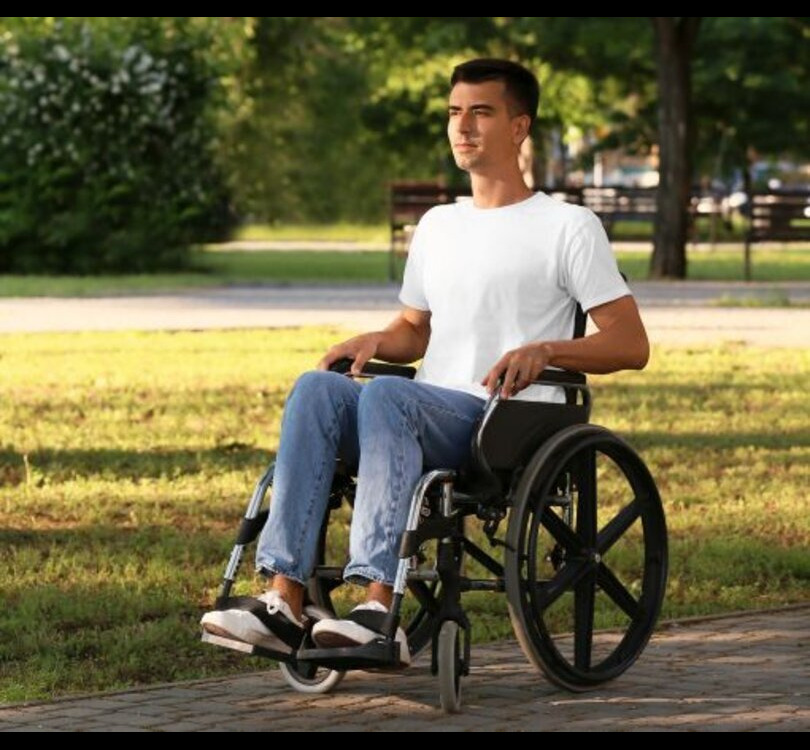A Paralysis Doctor in Mumbai specializes in diagnosing and treating various types of paralysis caused by neurological conditions, stroke, spinal injuries, and other factors. These specialists have in-depth knowledge of the nervous system and use a combination of medical treatments, therapies, and rehabilitation techniques to restore mobility and function.
The primary goal of a Paralysis Doctor is to help patients regain as much independence and quality of life as possible. Treatment plans may include medications, physical therapy, occupational therapy, and sometimes surgical interventions. Advanced diagnostic tools like MRI and CT scans are used to assess the underlying causes of paralysis and create the most effective treatment plan. The doctor may collaborate with physiotherapists, speech therapists, and other healthcare providers for a holistic approach to recovery.
Mumbai has a wide range of experienced paralysis specialists who are equipped with state-of-the-art facilities to aid in recovery. These healthcare professionals strive to provide the best care for individuals dealing with paralysis.
Stages of Paralysis Treatment:
- Acute Stage (Initial Phase)Focus: Stabilization and Immediate Care This stage begins after the onset of paralysis, often due to a stroke or spinal injury. The goal is to stabilize the patient’s condition, manage symptoms, and prevent complications. Immediate medical interventions may include surgery or medications.
- Recovery Stage (Rehabilitation)Focus: Regaining Function and Mobility In this phase, physical therapy plays a crucial role. The doctor designs a treatment plan to help patients regain movement, strength, and coordination. Occupational and speech therapies may also be prescribed to assist in regaining independence.
- Recovery and Adjustment (Long-Term Rehabilitation)Focus: Building Long-Term Independence Patients continue rehabilitation to improve daily living skills and gain as much independence as possible. Adaptations in the home and lifestyle may be recommended for better mobility and comfort.
- Maintenance Stage (Chronic Management)Focus: Ongoing Care and Prevention of Relapse This stage focuses on managing the condition long-term to prevent further decline or complications. Regular follow-ups with the doctor are essential, along with physical therapy to prevent muscle atrophy and improve quality of life.
Synapse Spine Precautions for Paralysis Treatment:
Synapse Spine, a renowned center for spine treatment, emphasizes a comprehensive approach to managing and preventing paralysis, especially related to spinal injuries or neurological conditions. Some key precautions include:
- Early Diagnosis and TreatmentPrecaution: Seek immediate medical attention if symptoms of paralysis or neurological impairment occur. Early intervention significantly improves recovery chances and prevents complications.
- Post-Surgery CarePrecaution: For patients undergoing spinal surgeries (e.g., for a slipped disc or spinal cord injury), proper post-surgery care is essential. This includes following the doctor’s instructions regarding rest, medications, and physical therapy to avoid complications like infections or additional injuries.
- Physical Therapy and RehabilitationPrecaution: Consistent, personalized physical therapy is crucial for regaining movement and strength. Synapse Spine recommends ongoing rehabilitation to maximize mobility and adapt to daily activities.
- Lifestyle ModificationsPrecaution: Patients should adopt ergonomic practices, engage in regular exercise (within limits), and follow a balanced diet to support spinal health and overall well-being.
- Regular Monitoring and Follow-upPrecaution: Regular follow-up visits are essential to monitor progress and address any issues early. This helps adjust treatment plans in a timely manner.
- Preventing ComplicationsPrecaution: Preventing secondary complications such as muscle atrophy, joint contractures, and respiratory issues is key. Maintaining a healthy weight, preventing pressure sores, and avoiding falls are important aspects of care.
By focusing on these precautions, Synapse Spine helps patients reduce the risk of paralysis progression and supports effective recovery. The holistic approach aims to improve quality of life and restore as much function as possible, promoting long-term independence.
For more information on paralysis treatment and care with Synapse Spine in Mumbai, you can watch this video: Paralysis Treatment at Synapse Spine.
To reach Synapse Spine Clinic in Mumbai, use the following directions depending on your location:
Clinic Location:
For Patients Coming by Local Trains (Western Line):
- Board a Western Line Train to Vasai Road Station.
- Once at Vasai Road Station, take a short taxi or auto ride to Synapse Spine Clinic (approximately 10-15 minutes, depending on traffic).
For Patients Coming by Local Trains (Central Line):
- Board a Central Line Train to Dadar Station.
- From either station, board a train on the Western Line and get off at Vasai Road Station.
- Take a short taxi or auto ride from Vasai Road Station to Synapse Spine Clinic.
For Patients Coming from Outside Mumbai:
- By Train: Arrive at Mumbai CST (CSMT) or Mumbai LTT (Lokmanya Tilak Terminus).
- From Mumbai CST, take a Central Line train to Dadar Station and then follow the Western line Route.
- From Mumbai LTT, take a Central Line train to Dadar Station, then switch to the Western Line towards Vasai Road..
- By Flight: Arrive at Chhatrapati Shivaji Maharaj International Airport (Mumbai Airport).
- Take a taxi or cab directly to Synapse Spine Clinic (approximately 40-45 minutes from the airport).
These routes provide easy access for patients traveling from different parts of Mumbai or outside the city.


